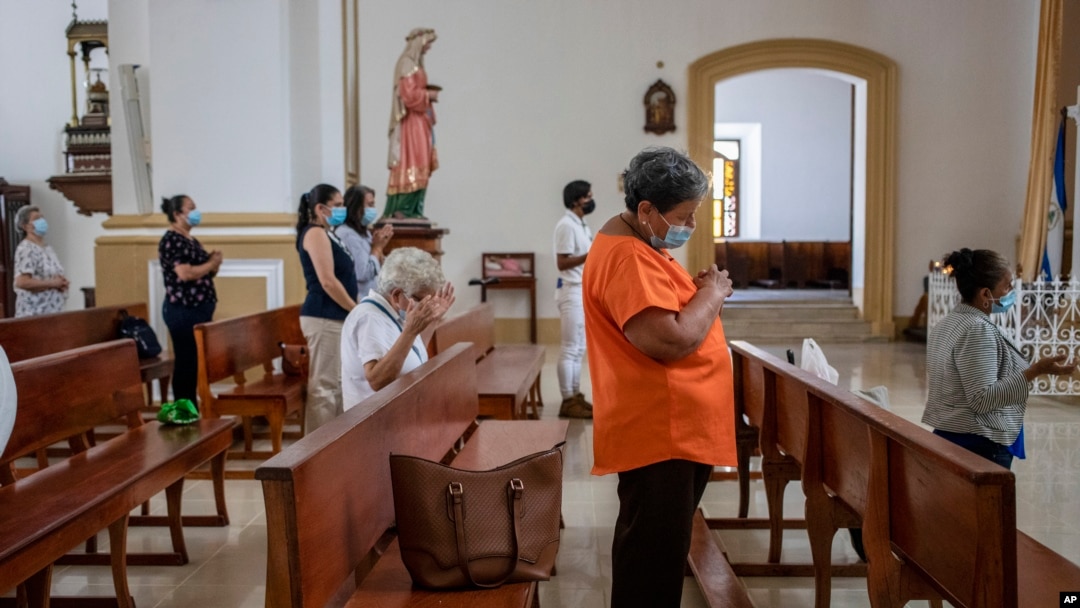A report submitted to the UN Human Rights Council this week on Nicaragua’s human rights situation condemns what it calls the further deterioration of civil and political rights by a government seeking to keep its people in check.
The report presents a withering account of the lengths to which the government of President Daniel Ortega will go to maintain its iron grip on power. It accuses the government of silencing critical and dissenting voices in Nicaragua, deepening the political crisis which is tearing the country apart.
Christian Salazar Volkmann, director of field operations and technical cooperation for the Office of the High Commissioner for Human Rights, said at least 195 perceived government critics have been arbitrarily detained, and 50 people arrested in the context of last year's presidential elections were sentenced this year, in some cases to up to 13 years' imprisonment.
"At least 28 or 29 of these persons are still detained in a police detention center in reportedly inhuman conditions. While some of the prisoners have finally been able to see their children, who are minors, many have been excluded from doing so for over a year now," he said through an interpreter.
He said the human rights office has documented many acts of harassment against human rights defenders, clergy, and actual or supposed political opponents. A number of these attacks, he says, have been against the Catholic Church.
Volkmann said restrictions on free expression have intensified, as have attacks on press and academic freedom. These restrictions, together with adverse living conditions, he says, have significantly increased those leaving Nicaragua.
“The number of Nicaraguan refugees and asylum seekers rose to 200,000 persons, three-quarters of them in Costa Rica. In the first six months of 2022, 84,055 people were intercepted at the border of the United States, compared to 5,450 people in all of 2020.”
Volkmann said November municipal elections likely will not be free and fair unless the government implements reforms recommended by the Office of the High Commissioner.
Nicaragua's attorney general, Wendy Carolina Morales Urbina, rejected the report as a manipulation and distortion of conditions in her country. She described the content as part of the interventionist design applied by the United States and European countries and called the report deceitful, saying Nicaragua would not accept recommendations that seek to interfere in its internal affairs.


